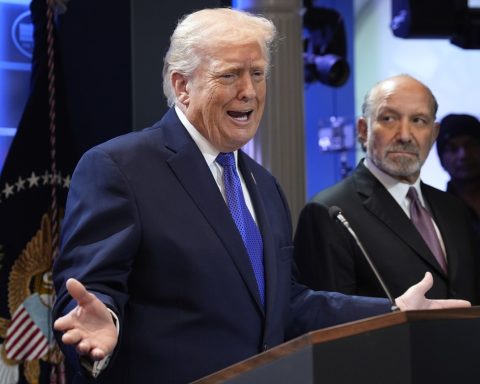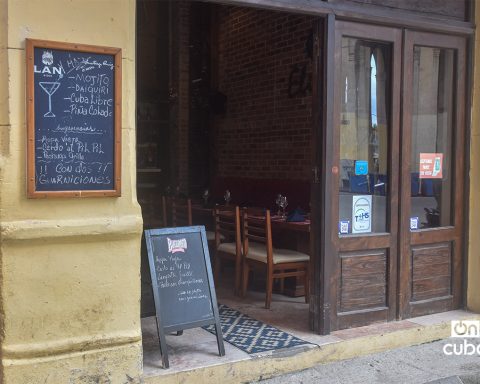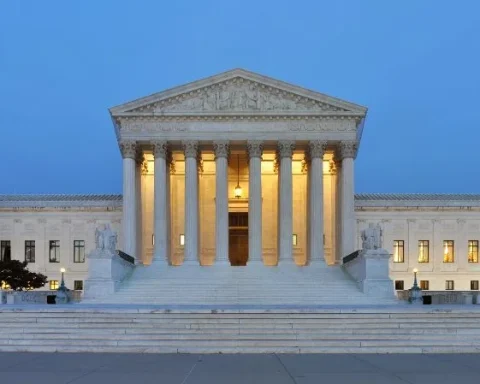HAVANA, Cuba.- On June 1, 1834, the Spanish military and politician Miguel Tacón y Rosique assumed the Captaincy General of Cuba, one of the most controversial figures of the Antillean 19th century because he did good and bad, since his high office, in a similar proportion.
Lieutenant General of the Royal Navy and Marshal of the Army, Tacón had arrived in Havana one day before his inauguration, with the task of governing “the always faithful island of Cuba” imposing order, discipline and progress by any means on his scope.
His despotic attitude, as well as the promotion of drug trafficking slaves during his tenure, they were enough to earn him the dislike of Cubans and peninsulars. However, Miguel Tacón was also the politician who reconfigured the image of Havana through a public works plan that contributed to energize and beautify it, conferring on it the dignity of a capital city.
Although his predecessor, Captain General Dionisio Vives, had already started a project to transform Havana into a great city, it was Tacón who fully introduced it to modernity, at least from an architectural point of view.
The inflexible military endowed the capital with an efficient technical and service infrastructure. He reformed the police and fire departments, prohibited the use of weapons, established security guards, cleaned up the streets and paved the streets, built new sewers, the Campo de Marte, the public jail, a new lighting system and the markets of Christ. and Tacon. With his approval, the Junta Subalterna, the Charity Center and the Juzgado de los Vagos were founded. He beautified the city so much that various sources of the time came to consider it among the most beautiful in the world.
Unfortunately, while the city grew and filled with new air, Tacón turned his back on the criollo saccharocracy, whose wealth had increased extraordinarily thanks to the political instability in Hispaniola. Cuba had become the main producer of sugar, giving rise to a solid economic class, which had bought noble titles in Spain and longed to participate in the country’s political life.
Tacon, however, had other plans. Wrathful and severe, he set out to put an end to idleness, pillage and vice. He took his purpose to the point of suppressing individual liberties and eliminating the right of association among Cubans, especially if they were black and mulatto.
He redoubled his efforts to Spanishize the islanders and suppress the national character that was beginning to emerge within Cuban society, giving off a whiff of infidelity that greatly angered the Captain General. That same suspicion led him to banish José Antonio Saco, considering him a pernicious influence on the thinking of Havana youth.
Soon, Tacón’s hostility cracked the peaceful coexistence between the Cubans and the Spanish power. The Captain General never had the intention of conversing with the economic class that supported the country, but of reminding the Creole aristocrats that Spain continued to be the metropolis to which all of them owed loyalty, tribute, gratitude, and obedience.
Some historians believe that Tacón’s government was the beginning of the end of the Spanish domain on the Island. The rancid conservatism of the military was felt during four years of harsh repression of civil liberties, after which the contradictions between Spain and its subjects in the largest of the Antilles had exacerbated.













